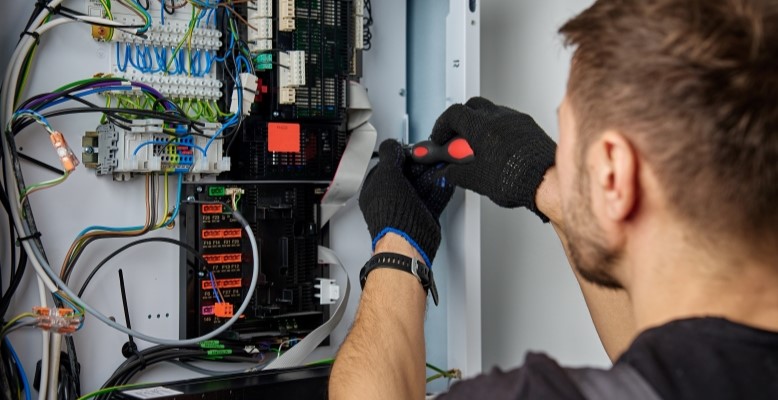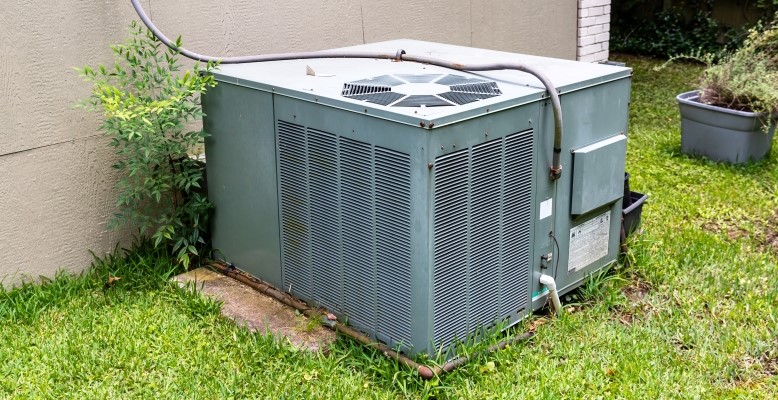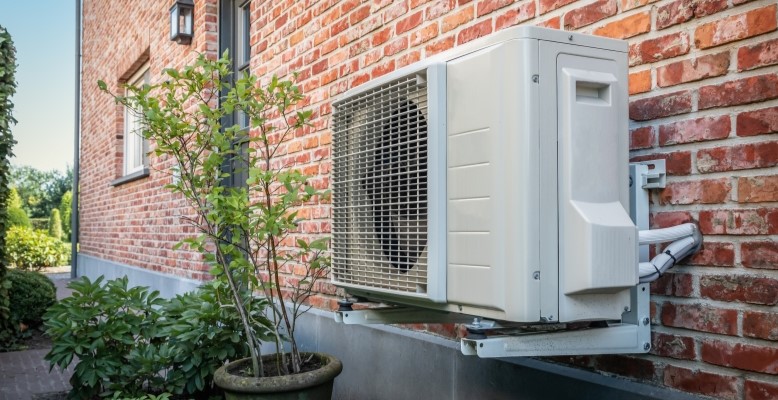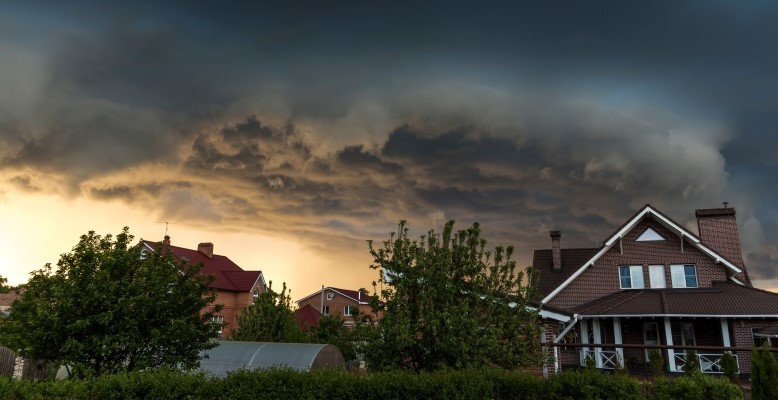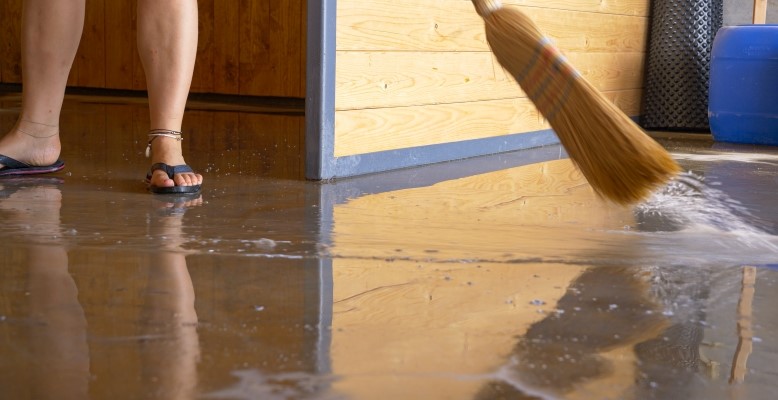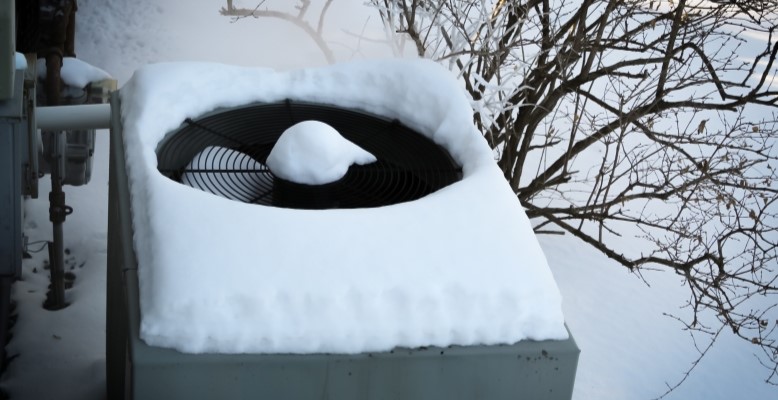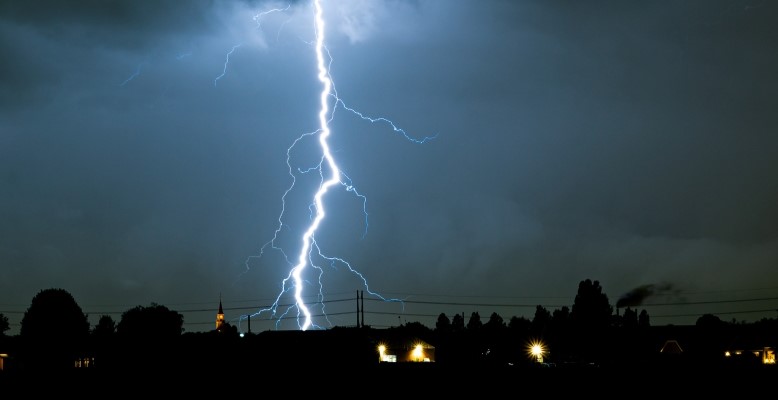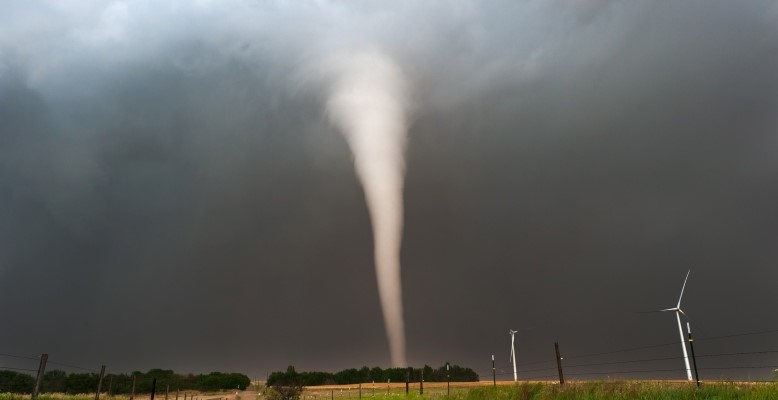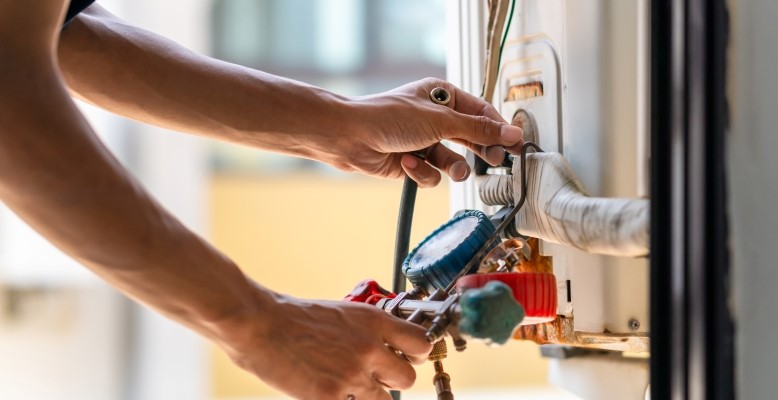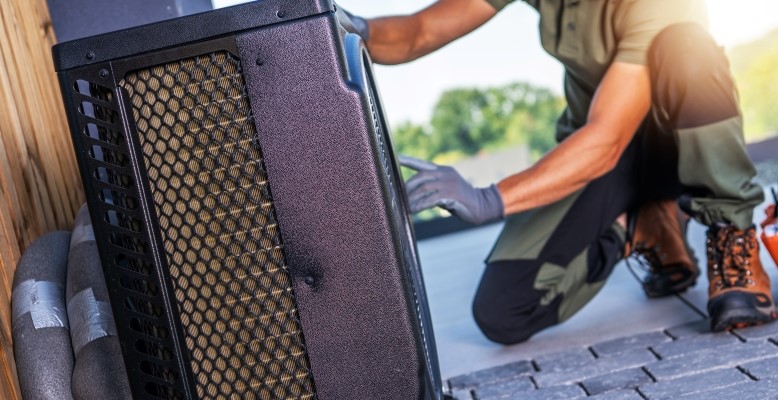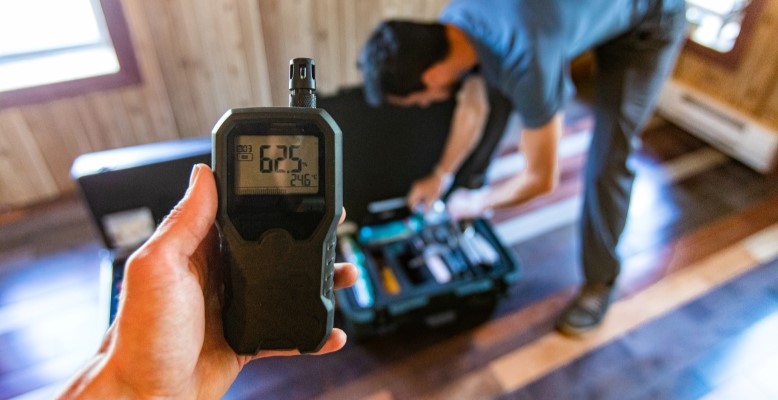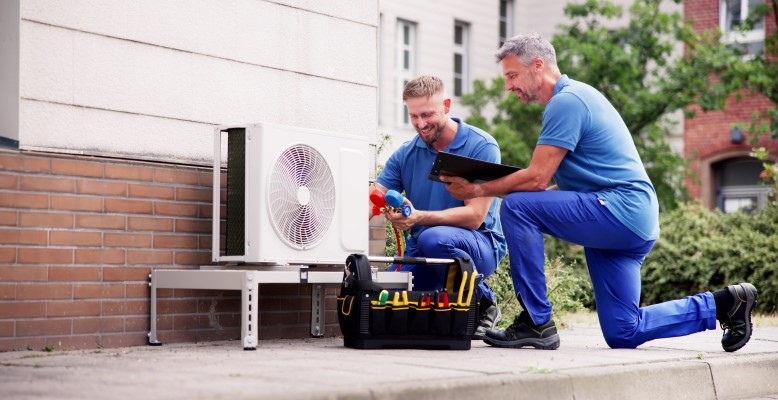Published on April 29, 2025 by: alhhvac
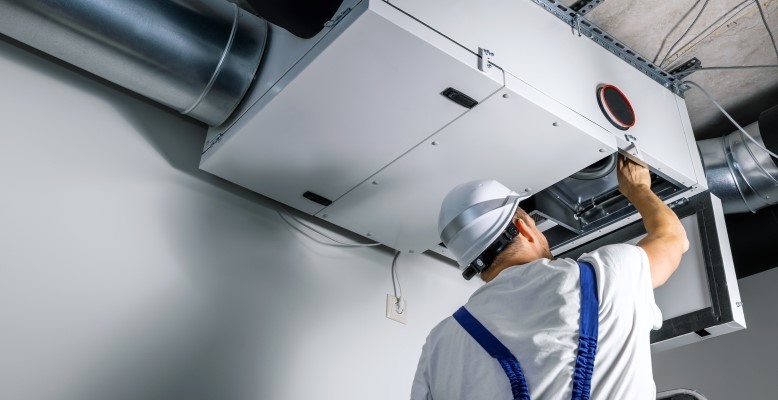
Learn Surge Protection Tips From Our Atlanta Area HVAC Experts
Today’s homes rely on heating and cooling systems more than ever, but many homeowners don’t realize how vulnerable these systems are to power surges. One bad power surge can cause massive damage to your AC unit or furnace — resulting in costly repairs or even total system failure. Fortunately, with the right HVAC surge protection tips, you can prevent these issues and keep your home’s system running smoothly.
In this guide, the experts at ALH break down what surge protection is, how power surges affect AC units and furnaces, and what you can do to protect your system. We’ll also answer common frequently asked questions from Atlanta homeowners and explain how ALH helps safeguard your HVAC equipment from surge-related damage.
What Is Surge Protection?
To answer this question, it’s important to first understand what causes the need for surge protection — being power surges. A power surge is a sudden spike in electrical voltage that overwhelms your home’s wiring. Common causes of power surges including:
- Lightning strikes
- Power grid switching
- Faulty wiring
Surge protection works by blocking or redirecting that excess voltage before it reaches your equipment. The right surge protectors help prevent costly breakdowns, extend the life of your system, and keep your home comfortable year-round. Surge protection for HVAC systems is especially important, as it can help prevent catastrophic power failures and reduce the risk of electrical fires.
Why Surge Protection Matters for HVAC Equipment
According to U.S. Census Data, 1 in 4 American households experienced at least one power outage in 2023. Power surges are a leading cause of these outages, and these surges can seriously affect HVAC equipment. Here’s why surge protection matters for HVAC equipment.
Power Surges and HVAC Damage
Power surges can damage specific HVAC components by flooding them with more electricity than they can safely handle. These components include:
- Compressors
- Circuit boards
- Thermostats
Without the right surge protector, even a minor spike in voltage can lead to expensive repairs or total system failure. The right surge protection for HVAC units will block this excess electricity and keep your system running smoothly and safely.
Why HVAC Repairs from Surges Are So Expensive
HVAC systems have many complicated, expensive parts such as thermostats, motors, fans, and control boards. Oftentimes, a single surge can ruin multiple parts at the same time, compounding already expensive individual costs into one especially expensive bill. In addition, repair costs have to account for both the cost of repair labor and replacement parts. With these complicated components of repair, hiring a team you trust to give you the best deal is essential.
Surge Protection for Furnaces
The right furnace can keep your home warm all throughout the winter months, but power surges can damage even the newest, most innovative furnaces. Here are some more details about furnace surge protection that are worth knowing as a furnace owner.
What Makes Furnaces Susceptible to Surges
Furnaces are especially vulnerable to power surges because they rely on control boards, igniters, and sensors that are sensitive to voltage spikes. Without surge protection for furnaces, even a minor surge can knock the system offline or damage key components. Installing furnace surge protection helps ensure your heating system stays reliable and protected year-round.
Best Practices for Furnace Surge Protection
While there are multiple ways to protect your furnaces from power surges, we recommend the following steps:
- To protect your furnace, start by installing a dedicated surge protector designed for your type of furnace.
- Pair your furnace with a whole-house surge protector for broader coverage against grid-related voltage spikes.
- Contact local furnace professionals for periodic maintenance.
Surge Protection for AC Units
AC units are a critical part of your home’s heating and cooling system, but they’re often overlooked when it comes to surge protection. Like furnaces, AC units are particularly prone to issues caused by power surges. Here are important details about surge protection for AC systems.
Why AC Units Are Surge-Prone
AC units are especially surge-prone because they require a large amount of electricity both to start and run. This high power need makes them more sensitive to sudden voltage spikes, especially during storms or power grid fluctuations.
How to Protect AC from Power Surges
Protecting your AC system from power surges is similar to protecting your furnace. Our guide for protection is as follows:
- Start by installing a dedicated AC surge protection device near the unit.
- Compliment this device with full-home coverage using a whole-house surge protector installed at your main electrical panel.
- Contact your local AC unit professionals for preventive maintenance and repair.
Choosing the Right HVAC Surge Protection Device
Not all surge protectors are built the same, especially when it comes to HVAC systems. Choosing the right device depends on your system’s size, setup, and how much protection your home really needs. Consider these tips to help choose the best HVAC surge protection device for your equipment.
What Size/Rating Surge Protector Do You Need?
Professionals typically measure surge protector size/rating in joules, which indicates how much energy the device can absorb before it fails. For HVAC systems, it’s best to have a device rated between 1,000 and 2,000 joules, although this depends on your unit’s size. For more specific recommendations, it’s best to reach out to HVAC professionals with the experience and technical know-how needed to point you in the right direction.
Whole-Home vs. Individual Unit Protection
There are two main types of HVAC surge protection devices, being whole-home and individual surge protectors:
- Whole-home surge protectors attach to your main electrical panel and protect all of your home’s appliances, including your HVAC system
- Individual unit surge protectors are direct add-ons to an AC unit or furnace
Individual unit HVAC surge protection devices provide specialized, focused protection for HVAC systems. However, it’s often best to combine these individual units with a whole-home system to provide two layers of defense against power surges.
Key Features to Look For in HVAC Surge Protection
When choosing an HVAC surge protective device, look for a:
- High joule rating: A higher joule rating means the surge protector can absorb more energy before it fails. For HVAC systems, aim for a rating between 1,000 and 2,000 joules or more, depending on your unit’s size and how often your area experiences power surges.
- UL certification: UL (Underwriters Laboratories) certification guarantees the surge protector meets strict safety and performance standards. Devices with this certification have been tested for reliability, durability, and compliance with national electrical codes
- Fast response time: Surge protectors only work if they act fast. A device with a fast clamping or response time (typically measured in nanoseconds) ensures that excess voltage is diverted or blocked almost instantly, minimizing the risk of damage to your HVAC system’s delicate electronics.
It’s also important to choose a model designed specifically for your particular HVAC systems to guarantee both compatibility and effectiveness. Keep in mind too that some surge protectors also include indicator lights or alarms to let you know when the device needs replacement.
How ALH Helps Protect Your HVAC System from Surges
At ALH, we don’t just install HVAC and furnace units; we keep them safe from power surges using high-tech equipment and expert technical skills. Our team can pair any furnace or HVAC system with the right surge protection for HVAC equipment, keeping your home’s systems safe from even the worst power surges.
Best of all, as part of our ongoing commitment to homeowner safety, we consistently offer deals to make systems more affordable — including some deals with surge protectors. Don’t wait—contact us today for a free quote!
Frequently Asked Questions (FAQs) About Power Surges in Atlanta, GA
What is surge protection?
Surge protection devices prevent power surges by blocking or redirecting excess voltage before it can damage your home’s electrical equipment. This includes everything from small electronics to large systems like your HVAC system.
How many joules of surge protection do I need for my HVAC unit?
Joule ratings tell you how much energy a surge protector can absorb before it fails. The amount of protection you need depends on your home’s electrical load, the size of your HVAC system, and how frequently your area experiences surges. A licensed technician can help you choose the right level of protection. For HVAC systems, we recommend a surge protector rated between 1,000 and 2,000 joules.
How can I protect my AC unit from power surges?
To protect your AC unit, install a dedicated AC surge protector near the system and consider pairing it with a whole-house surge protector. Regular electrical inspections and HVAC maintenance can also help keep your system safe.
Will a whole house surge protector protect my HVAC system?
Yes, a whole-house surge protector will protect your HVAC system. However, for the best protection, we suggest combining a whole-house device with unit-specific surge protectors.

